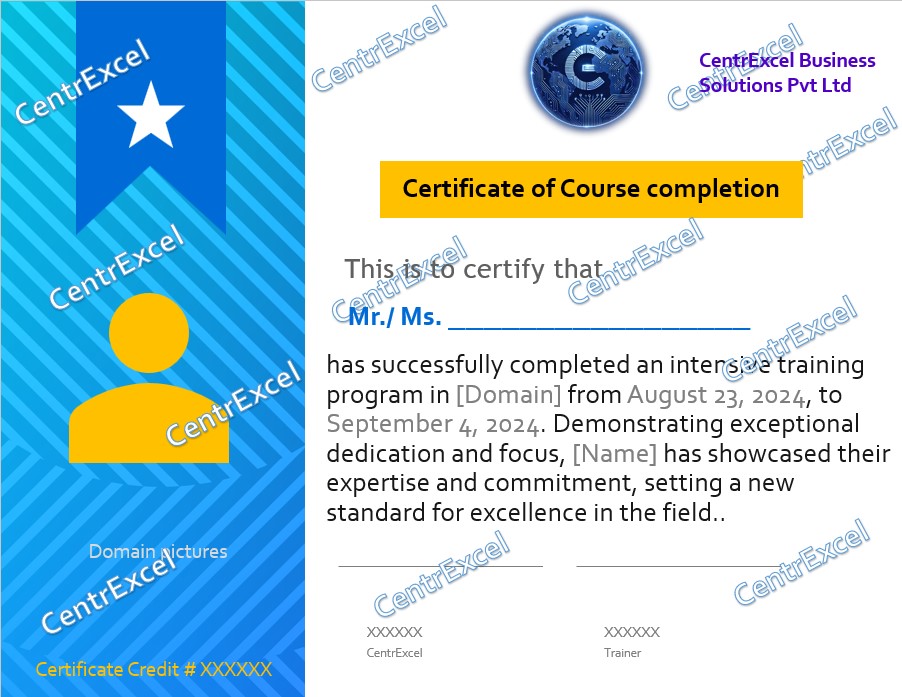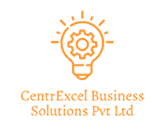Full Stack Python
Full Stack Python
Python Full Stack Development involves the use of Python for both front-end and back-end development, enabling developers to create complete web applications. On the front end, developers often use frameworks like Flask or Django, along with HTML, CSS, and JavaScript, to design user interfaces that are both responsive and interactive. The back end typically utilizes Python-based frameworks such as Django or Flask to handle server-side logic, database interactions, and application routing. Python's extensive libraries and frameworks facilitate rapid development and simplify complex tasks, making it a popular choice among developers. Full stack developers are responsible for integrating the front-end and back-end components, ensuring smooth communication between the two. They also focus on database management, often using SQL or NoSQL databases like PostgreSQL or MongoDB. Knowledge of RESTful APIs is essential for connecting the front end with back-end services. Python's versatility allows for seamless deployment and scalability of applications. Overall, Python Full Stack Development provides a robust foundation for building dynamic, data-driven web applications. As demand for Python developers continues to grow, mastering this skill set opens up numerous career opportunities in the tech industry.




Add a Review
Our Pricing Plan
Select a Plan According to
Your Requirements
Rs.
All Services include:
- Self Assessment
- Recorded Classes
- 8 Hours of Live Sessions
- Problem Solving Sessions
- Certification
- Agile & Scrum Track
- Placement Guidance
- Interview Assistance
Rs.30000
All Services include:
- Self Assessment
- Recorded Classes
- 18 Hours of Live Sessions
- Problem Solving Sessions
- Certification
- Agile & Scrum Track
- Career Coaching
- Trainer / Mentor Support
Rs.
All Services include:
- Self Assessment
- Live Sessions
- Problem Solving Sessions
- Certification
- Agile & Scrum Track
- Career Coaching
- Placement Guidance
- Interview Assistance
Copyright | Centrexcel Business Solutions Pvt. Ltd. All Rights Reserved | Designed & Developed by Eliora Technologies Pvt. Ltd.

Reviews
No Reviews Available.